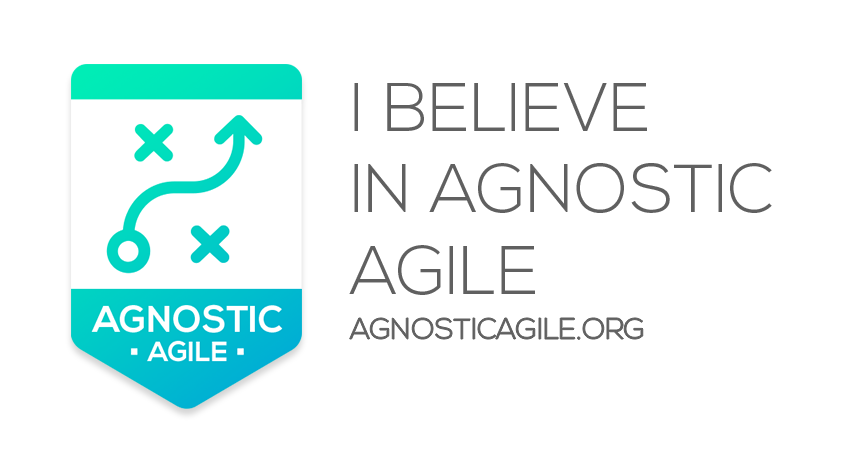
The real issue here is task switching. For the most part, it is actually nearly impossible for us to work on more than one complex activity at the exact same time. This is why texting and driving are illegal in many places because your mind is not able to focus on both things simultaneously and must switch focus back and forth. It is also why it can be difficult for some people to pat their head and rub their belly at the exact same time. (difficult, NOT impossible)
Most of us have probably started work on an item on our todo list, switched to another item, then switched back. We task switch. There are certainly some valid reasons to switch tasks without fully completing another activity. If one task is waiting on something before it can be completed, switch your efforts to another duty. If you are hoping to get all of your work done faster, task switching will have the opposite effect.
The term multi-tasking is actually a misnomer. People can’t actually do more than one task at a time. Instead we switch tasks. So the term that is used in the research is “task switching”. – Weinschenk, S., 2012
Switching Costs and Increasing Time Spent
There are basically two stages of switching costs (American Psychological Association, 2006). These two stages are “Goal Shifting” and “Rule Activation.”
- Goal Shifting: where you change the focus of your efforts
- Rule Activation: where the rules that applied to the old task have to be ignored, and new rules must be applied for the new task
If we have a task in progress and we switch, we need time to adjust to the new task. When we move back to the original task it takes some time to assess where we were at in the original job. We could have left the original task for ten minutes or ten days, we still need some time to refocus on the original task. If there is a requirement for a lot of task switching in a day, that causes a lot of lost time.
It is common knowledge that during any typical day most knowledge workers in the
the twenty-first century find themselves unable to complete the work they thought they were being paid to do. – Applebaum, S.H., and Marchionni A., N.D.
Impacts on the Brain
As it turns out, heavy use of task switching makes people worse at sorting out relevant details from irrelevant information (Cherry, K., 2019). Often the goal of task switching is based on getting more work done in less time. This leads to a need for quicker decisions utilizing less information. Task Switching trains your brain to make those quick and less informed decisions even when you can remain focused on one task through to completion.
It is assumed that with time spent focused on completing one task at a time, the cognitive impairment can be reversed.
Quality of Work Issues
You are more likely to have errors in the work you do get done when you task switch (Weinschenk, S., 2012). Depending on the task type, this could be due to the attempts at trying to get things done faster, or it may be the lack of full comprehension over what is occurring among the multiple ongoing tasks. You make more mistakes, or you forget to fully complete some things, and the quality suffers.
At an organizational level, these increases in errors are bad for the customer and bad for the business. It takes people more time to fix and repair known errors, but it also reduces trust and credibility when an error is not caught before reaching the customer.
More Expensive Work Output
Quality issues and time increases above add increased costs to the work being performed. If your focus is on creating value, anything that adds costs has a negative impact on that value creation. It is essentially a waste, placing task switching in direct opposition to Lean and Agile philosophies.
More Information on Task Switching
- Task Switching and Cognitive Control
- The Myth of Multitasking: How “Doing It All” Gets Nothing Done
- To-Do List Formula: A Stress-Free Guide To Creating To-Do Lists That Work!
Something else to think about – The Multitasking Paradox:
Among knowledge workers, multi-tasking behaviour appears to be an inevitable
consequence of the presence of increasingly easy access to information. Despite the detrimental effect that multi-tasking has on specific task completion, the paradox is that this does not seem to have an effect on overall organizational productivity. For the USA at least, an average 4 percent growth rate over the past several years of the late twentieth and early twenty-first centuries shows that productivity has increased in tandem with an increase in multi-tasking behaviour and information technologies. – Applebaum, S.H., and Marchionni A., N.D.
Sources
Applebaum, S.H., and Marchionni A. (N.D.). The Multi-Tasking Paradox: Perceptions, Problems, and Strategies. Retrieved From https://interruptions.net/literature/Appelbaum-ManagementDecision08.pdf (Repository: https://www.emeraldinsight.com/loi/md)
American Psychological Association, (2006). Multitasking: Switching Costs. Retrieved From https://www.apa.org/research/action/multitask
Cherry, K. (2019). How Multitasking Affects Productivity and Brain Health. Retrieved From https://www.verywellmind.com/multitasking-2795003
Weinschenk, S. (2012). The True Cost of Multi-Tasking. Retrieved From https://www.psychologytoday.com/us/blog/brain-wise/201209/the-true-cost-multi-tasking
- Images from pexels.com
Categories: Agile, Leadership, Uncategorized




Agree. Multiple studies have confirmed that multitasking is a myth and anyone who believes that multitasking increases their productivity and efficiency are mistaken. I wrote an article about this on my website – “What Is Your Superpower? Multitasking or Mindfulness?” https://authorjoannereed.net/what-is-your-superpower-multitasking-mindfulness/ – Check it out!
LikeLike
Interesting read. Yes, there seems to be a strong belief that people can multitask and get work done, the result is usually a reduction of quality and productivity.
LikeLike